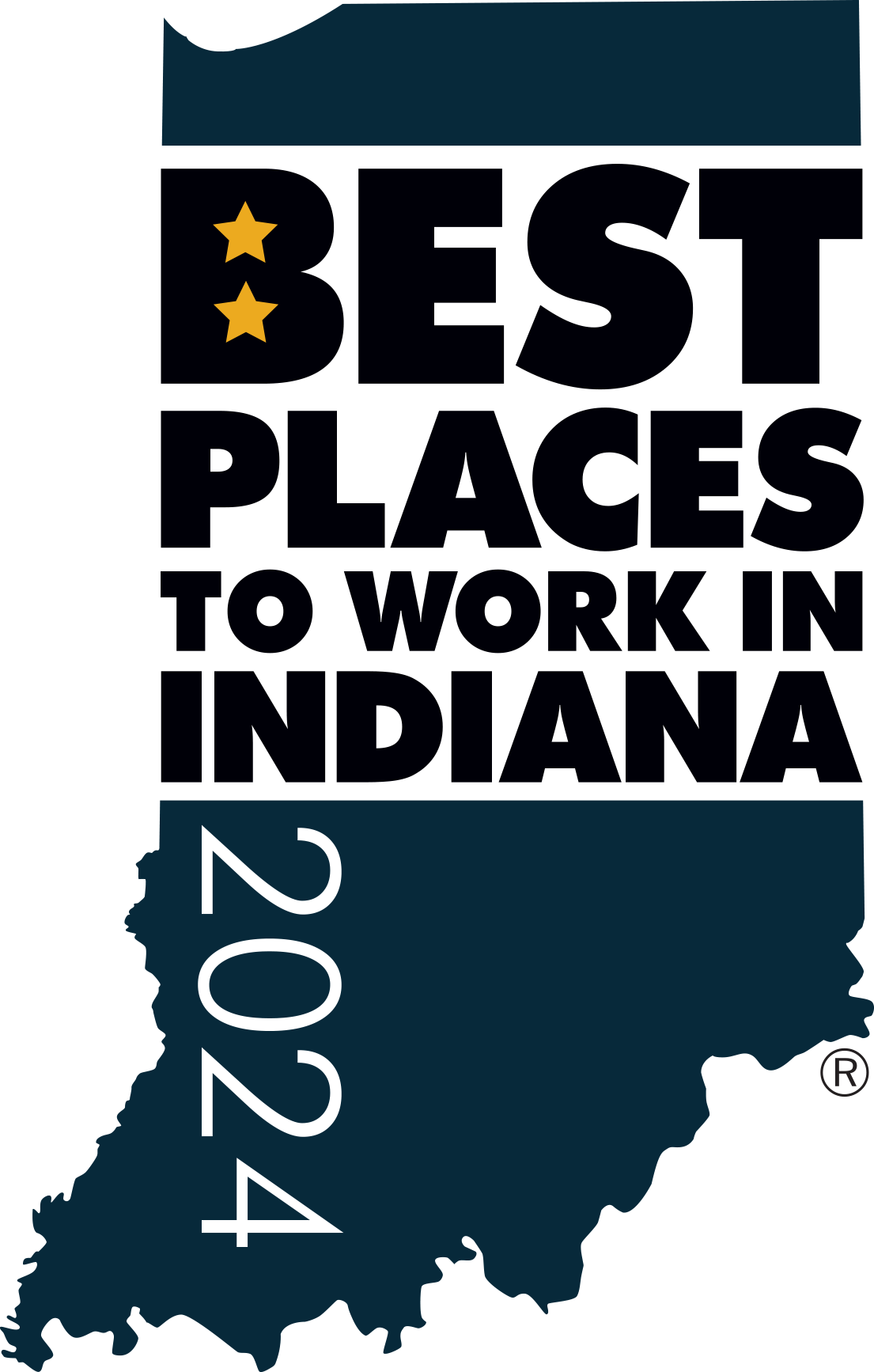Indy CFO Spotlight-Jeremy Schoettle
Jeremy Schoettle runs a large finance function in one of the most turbulent and changing industries in America. There’s never a dull moment in his world.
KB: Thanks for meeting.
JS: Glad we could make it work.
KB: As always, let’s start with the biographical stuff.
JS: Sure. I grew up in a large catholic family. My Dad is one of 14; I have 60 first cousins. All of us live on the Southside.
KB: No joke?
JS: No joke. My Grandfather started an insurance company around 1945, which he sold to Farm Bureau in 1997. Insurance is in my blood; I was licensed at 19 years sold. I started in claims recovery. Then lapsed coverage. That was my first exposure to customers. That shaped me.
KB: How did that impact your approach to college?
JS: I actually started as a biology major at Purdue. After a year, I came back home. I wanted to transfer to IU, but my parents were reluctant…so I went to IUPUI and started working in the insurance business again. I chose accounting because it’s the language of business. My professors said, “Get your feet wet in public,” so I interned at Coopers. Eventually, I accepted an offer with EY in Houston.
KB: How was that?
JS: It was good. American General Finance was my client. After a couple of years, the Partner there – who was from Louisville – asked me about transferring. He said that Anthem is going public….we need an auditor for their IPO. So, I transferred back to Indy.
KB: That worked out well.
JS: I got married and wanted to start a family, so it was time to exit public accounting. I took a financial reporting role at Duke Energy. I had passed the CPA Exam on my first try and decided to get my MBA, which the company paid for with no obligation on my part. Duke bought Cinergy while I was finishing the MBA and was moving jobs to NC. That’s how I got to Anthem.
KB: You had a nice run there.
JS: Yes, ten years.
KB: So why did you leave to join United Healthcare?
JS: I wanted to manage a P&L, so I looked around and found the job at United. Anthem to United was a great move because my customer is the individual vs. the company. I take it personally when I get a call or a letter from a customer. I take it personally that we get it corrected. That goes back to my early years in the business.
KB: The insurance industry has always been confusing, but it’s worse now than ever before.
JS: Affordability is the biggest issue. The “uninsured” is a different person today. The old “uninsured” was the poor and the sick. Now, 85% of those members are subsidized by the government. Today, the uninsured is, for example, the spilt family: the wife is 65 and on Medicare, but the husband is only 63. Another example: the new uninsured is a person with a job in a small company that can’t afford to provide group health coverage.
KB: What’s happening to address this?
JS: Almost 20 states offer an underwritten policy. Still, there are 20 million plus who are uninsured. The President has recognized that. He’s extended the tri-term option to three years, versus the old short-term coverage of 364 days. Short-term insurance has been around a long time – that was the bridge for people to the open enrollment. The Obama Administration lowered that from 12 months to three months with the goal of driving people to the Affordable Care Act market. But…it didn’t happen. People just decided to go without insurance. UHC started selling this tri-term policy in June, and we will have 30,000 members by end of 2019. Unfortunately, Indiana is currently not one of the states where we can sell it.
KB: This is fascinating. Keep going.
JS: Big picture – there will have to be a law change for substantial improvement. The U.S. economy is $21 trillion. Warren’s Medicare for all is projected to cost over $50 trillion. So that’s not happening. The top 1% in America have $25 trillion in assets. You can’t tax them enough to pay for something like this. If Medicare for all isn’t going to happen what are we going to do? Food for thought is that 10 – 11 cents on the dollar from the private sector funds Medicare now.
KB: What’s your view of the economy here and nationally?
JS: For Indy, one of the biggest positives is all the higher education here. The city has done a good job in its efforts to keep the brains in the city. This is a huge improvement over 10 years ago, when we were losing a lot of talent to Chicago. Indy is a more attractive city for young people now. FedEx, Amazon, Salesforce and others have brought a lot of benefits here. Young people want an urban living style and they like low taxes and low cost of living.
KB: What excites you about business right now?
JS: How fast it changes. Where was Amazon 10 years ago? I like what Jeff Bezos said; “I’m just trying to work as hard as I can until someone is better than us.” The speed issue has certainly been true for UHC. 2013 was the last year we sold fully underwritten products. 2014 brought us the Affordable Care Act. 2016 saw a huge jump in short term product because people couldn’t afford ACA. Obama limits short term coverage to three months. In 2018, Trump extended short-term coverages again. And in 2019, we now have tri-term. Looks at that! United has done a great job of being very flexible…we’ve listened to the customer and we’ve benefited. Health Insurance is an extremely exciting world going forward.
KB: What disappoints you about business right now?
JS: The gap between CEO pay and the workforce. How Wall Street hampers long-term growth and how that impacts us. Balancing that is really tough. Without that pressure, companies would make different decisions.
KB: What’s the most valuable skill or attribute that people need to have now to continue to advance and grow in their career?
JS: It’s gotta be flexibility. The willingness to learn new skills. Long tenure is over.
KB: What advice would you give your younger self?
JS: Take more risks and change jobs more. You get different experiences that you can carry with you. There is a benefit to seeing a lot of different things.
KB: Who are the two smartest people you’ve ever worked with?
JS: Mark Bell – EY Partner….he was a Senior Manager when I was a staff. He’s now in San Antonio. And Wayne DeVeydt. He used to say, “Think about how much money we make….now think about how much money we’d make if we were really good at our job.”
KB: What’s your favorite quote?
JS: Einstein. “Everyone is a genius, but if you judge a fish by its ability to climb a tree it will live it’s whole life believing it’s stupid.” My team is now 70 people. The role they will play in the future is going to be different – my job as a leader is to put people in the right spots, or you have a fish trying to climb a tree.
KB: What would you do it you weren’t a finance guy?
JS: I’d be a detective. Solving problems….I do that now, but I’ve always been intrigued about why things happen. Helping people find a conclusion and closure.
KB: What’s your favorite movie?
JS: Hoosiers. I still cry. It’s the underdog thing. I also love The Shawshank Redemption.

